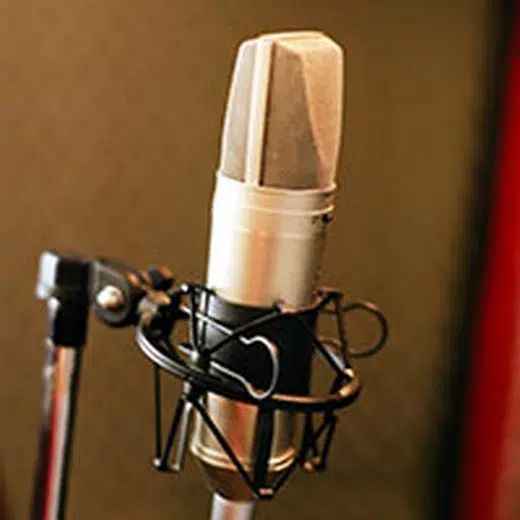By David Shepardson
WASHINGTON (Reuters) – A bid by budget carriers Frontier Group Holdings and Spirit Airlines Inc to create the fifth-largest U.S. airline will face close scrutiny from the Justice Department, lawyers said Monday.
The Biden administration has made injecting more competition into U.S. industries a key priority.
Andre Barlow, an antitrust lawyer at Doyle, Barlow & Mazard LLC, said in the “antitrust environment” the airlines would have trouble getting the deal past the department’s Antitrust Division.
“Given the administration’s stance against mergers, it will be difficult for these two low-budget competitors to convince the antitrust enforcers that its merger will lead to lower prices,” he said.
Frontier and Spirit pledged to avoid any job losses and add 10,000 direct jobs by 2026. They also promised the merger would deliver $1 billion in annual consumer savings.
“DOJ will focus on whether the two airlines overlap with respect to city pairs and whether the combination of two budget airlines would result in higher prices for consumers,” Barlow said.
Kenneth Quinn, a partner at Clyde & Co, said however that the DoJ would have a “hard time blocking this merger.”
“You’ve got two ultra-low-cost carriers with a common fleet without a lot of competitive city pair overlap,” he said.
The Justice Department sued in September to unwind American Airlines and JetBlue Airways “Northeast Alliance” partnership, arguing it seeks to eliminate “significant competition between a dominant airline and a uniquely disruptive competitor.”
The Justice Department declined to comment on the merger proposal. A White House spokesperson did not comment on the Frontier Spirit merger proposal but said the Biden administration “is committed to protecting competition across a wide range of industries for the benefit of consumers.”
In September, the administration said it planned to award 16 slots for flights at Newark International Airport in New Jersey to a yet-to-be-determined low-cost carrier.
The slots were previously owned by United Airlines and then transferred to Southwest Airlines before being given up. United advocated for them to be retired to reduce congestion.
Last month, the Transportation Department issued a new rule to make it easier for regulators to move faster to protect airline customers from unfair and deceptive practices. It plans future rules on airline ticket refunds and transparency of airline baggage and other fees.
American and three other airlines control over 80% of the U.S. domestic air market.
Tim Wu, a White House adviser https://www.whitehouse.gov/briefing-room/statements-releases/2021/03/05/white-house-announces-additional-policy-staff on technology and competition policy, in 2018 argued https://www.nytimes.com/2018/05/01/opinion/sprint-t-mobile-merger.html consolidation resulted in the largest U.S. airlines “finding ways to give less for more: fewer flights (more crowded planes), smaller seats, fewer flight attendants, higher baggage and change fees and a stubborn resistance to lowering fares.”
(Reporting by David Shepardson; Additional reporting by Abhijith Ganapavaram; Editing by Stephen Coates)






